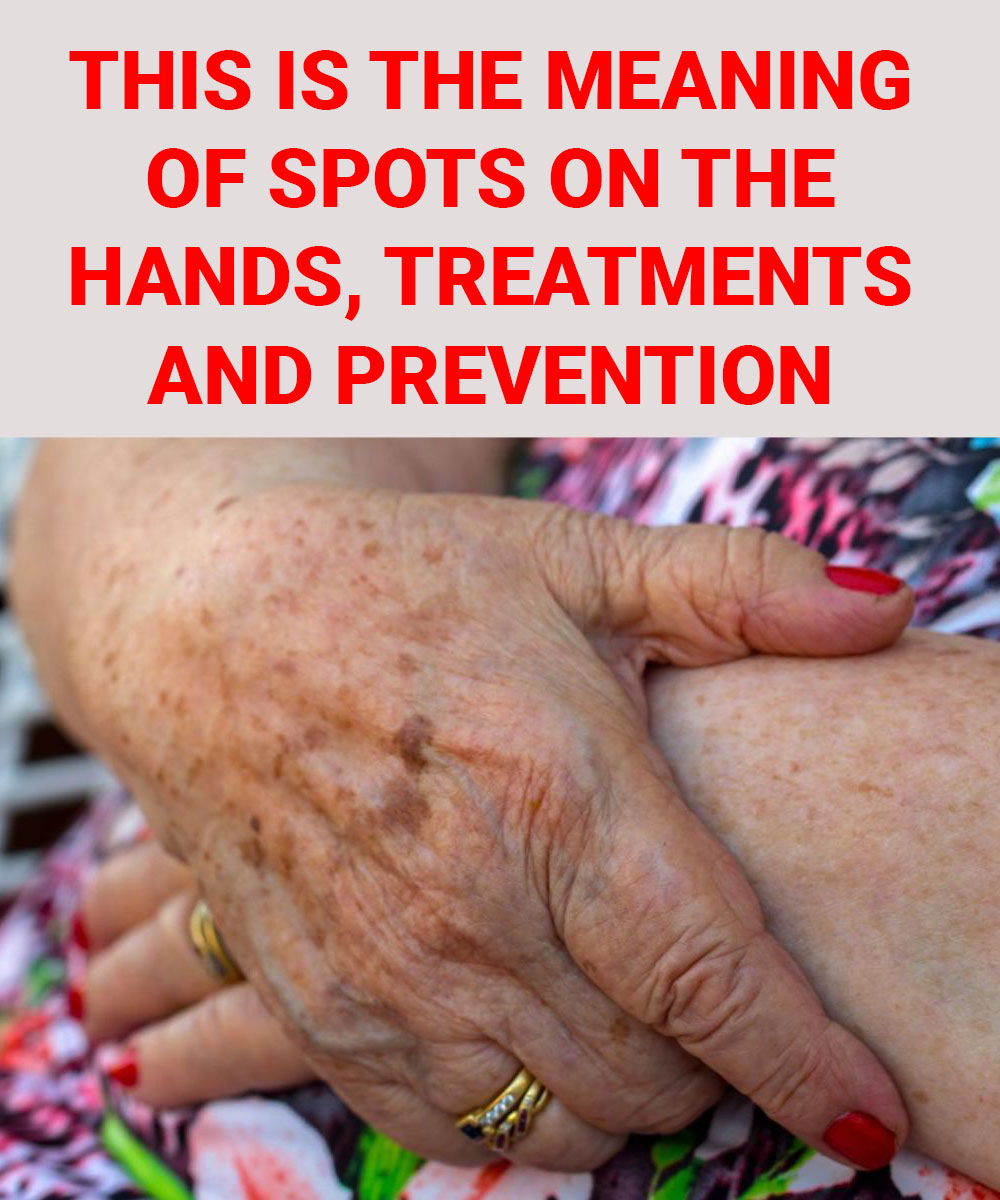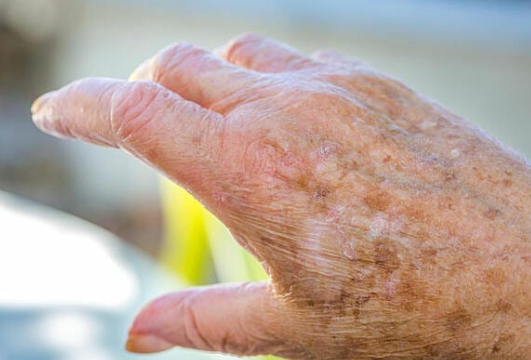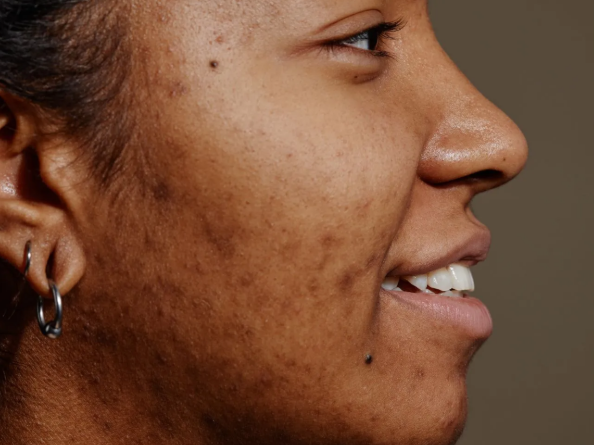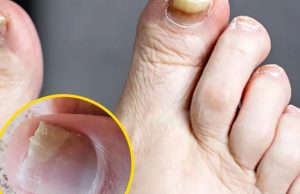
Hand spots are a common phenomenon that affects many people, especially as they age. These marks can vary in color, shape, and size, and while often harmless, they can be a sign of underlying conditions that deserve attention.
– These are the common causes of hand spots.
1. Aging
As we age, the skin loses collagen and elasticity, which can lead to the appearance of spots. These spots are generally harmless and appear as areas of darker pigmentation.
2. Sun Exposure
Prolonged sun exposure is one of the main causes of hand spots. UV rays can damage the skin and cause excessive melanin production, resulting in dark spots.
It is essential to protect your skin with sunscreen to prevent this type of damage.
3. Medical Conditions
Some medical conditions can manifest as spots on the hands, including:
Psoriasis: This autoimmune disease can cause red, scaly patches on the skin.
Eczema: Also known as dermatitis, it can cause red, itchy patches.
Diabetes: People with diabetes may develop dark patches called acanthosis nigricans, which often appear in areas of skin folds.
4. Allergic Reactions
Allergic reactions to chemicals, foods, or medications can result in spots or rashes on the hands. It is important to identify the allergen and avoid it to prevent future outbreaks.
5. Infections
Some infections can cause skin changes, including spots. Bacterial or fungal infections can cause rashes that manifest as spots.
Types of Spots on the Hands

1. Hyperpigmented Spots
These are areas of the skin that have darkened due to increased melanin production. They can be caused by the sun, hormones, or trauma.
2. Hypopigmented Spots
Unlike hyperpigmented spots, these spots are lighter than normal skin tone. They can arise from conditions such as vitiligo or from skin damage.
3. Papules and Macules
Papules are small bumps that can be red or skin-colored, while macules are flat, non-raised spots. Both can be symptoms of different dermatological conditions.
When to See a Specialist

It’s important to watch for certain signs that may indicate it’s time to see a dermatologist:
Rapid changes in the size or color of a spot.
Persistent bleeding or itching.
Appearance of new spots after age 30.
Spots that don’t disappear after a few weeks.
Preventing spots on hands
1. Sun protection
Using sunscreen with a high protection factor (SPF) is crucial to protect your skin from sun damage. Apply it liberally before going outside and reapply every two hours.
2. Skin care
Maintaining a good skin care routine can help prevent spots. Use moisturizers and exfoliants to keep your skin healthy.
3. Hydration
Drinking enough water is essential to keep your skin hydrated and healthy. Good hydration can help prevent premature aging.
4. Healthy diet
A diet rich in antioxidants, vitamins, and minerals can benefit skin health. Incorporate fresh fruits and vegetables, as well as healthy fats.
– Treatments for dark spots on your hands

If you already have dark spots and want to treat them, there are several options available:
1. Whitening Creams
Specific creams help reduce hyperpigmentation using ingredients such as hydroquinone or kojic acid.
2. Chemical Peels
This treatment uses acids to exfoliate the skin and can help remove superficial spots.
3. Lasers
Laser treatments are effective for removing deeper spots and improving skin tone.
4. Cosmetic Dermatology
Consult with a specialized dermatologist to explore personalized options tailored to your skin type and specific needs.
Dark spots on your hands can have a variety of causes, from aging and sun exposure to more serious medical conditions. Although many spots are harmless, it is essential to monitor changes in your skin and consult a professional if necessary.
Prevention and proper care are key to maintaining healthy skin and enjoying a radiant appearance for longer.
Stay informed and take care of your hands; after all, they are an important extension of your identity and well-being.




















